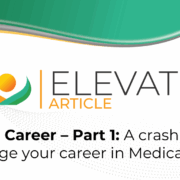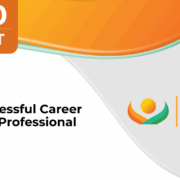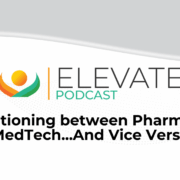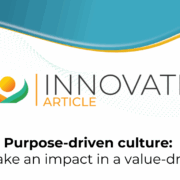Managing Your Career – Part 1: A crash course on how to manage your career in Medical Affairs
Like many things in life, when managing your career timing is everything, and being in the right place at the right time is important. Knowing whether it is the right time for you to move on is not always easy. The pharma and biotech industries are an attractive place to pursue your professional dreams, and some markets are in great demand for Medical Affairs talent. Here are a few tips on how to manage your career planning and how to get ready for your next job.




